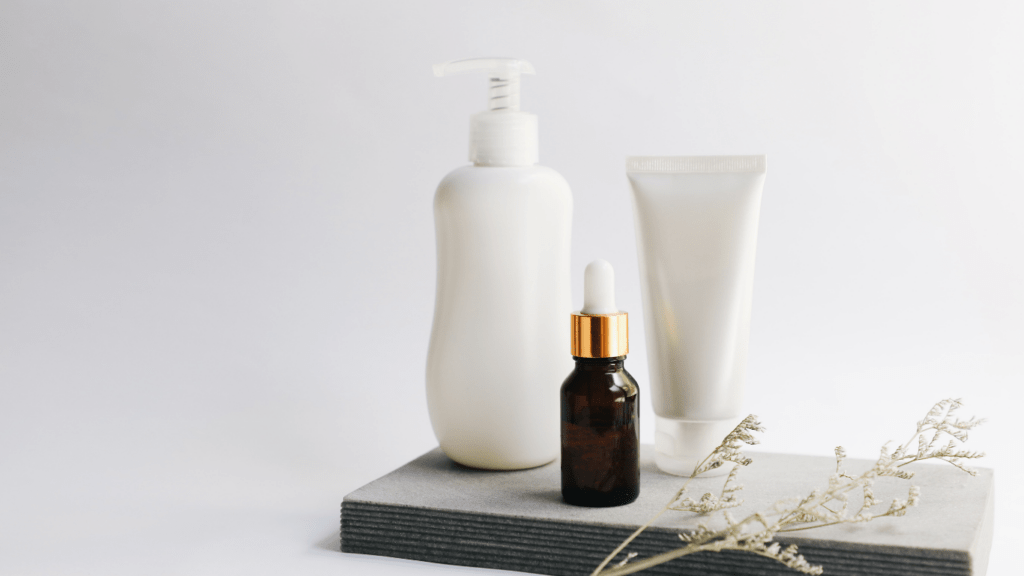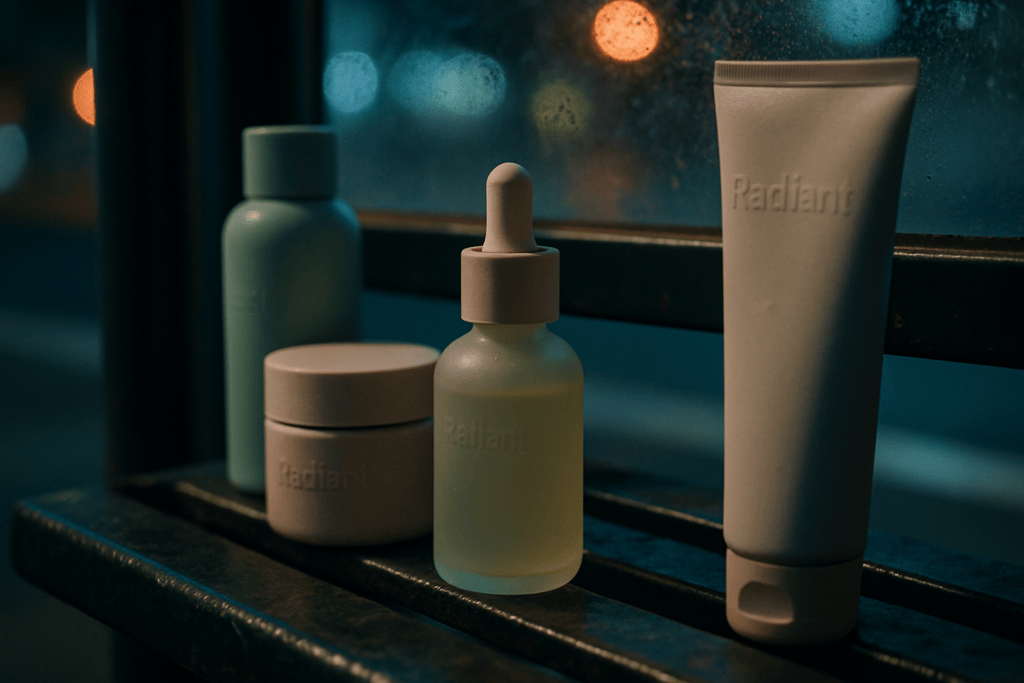The Rise of Custom Beauty Products
Custom beauty products gained traction as consumers seek solutions tailored to their unique needs. Reports from Allied Market Research show the personalized beauty market could reach $12 billion by 2027. This growth reflects a shift from one-size-fits-all to individualized products designed to meet specific skin types, concerns, and preferences.
Brands like Function of Beauty and Curology lead the way. Function of Beauty offers customizable haircare with formulations based on hair types and goals, while Curology creates personalized skincare products addressing acne, sensitivity, and aging. These brands use online quizzes and AI technology to gather customer data, ensuring precise customization.
DIY beauty kits also contribute to the trend, allowing users to create products at home. Companies like LOLI Beauty provide ingredients for customers to blend their own skincare, giving them control over the formulations. These kits appeal to those who want transparency and customization in their beauty routines.
Innovation in technology fuels this rise. AI and machine learning harness customer data to create bespoke products. Tools like skincare analysis apps and virtual try-on systems from companies like Proven and ModiFace enhance the personalization process, providing accurate and efficient solutions.
The rise of custom beauty products marks a significant shift in the beauty industry, meeting consumer demands for personalized care. By leveraging technology and data, brands offer tailored solutions enhancing the consumer experience and setting new industry standards.
The Science Behind Personalized Beauty
Advancements in science drive the evolution of personalized beauty products. Understanding the intricate details of skin types, genetic factors, and formulation customization helps create tailored solutions.
Skin Type and Genetic Factors
Decoding skin types and genetic factors unlocks tailored skincare. Skin types, including oily, dry, and combination, each have unique needs. Genetic factors influence skin behavior, such as sensitivity and aging process. Companies use DNA analysis to offer products that match individual genetics, providing a more precise skincare approach. This precision ensures effective results by aligning product ingredients with specific skin needs.
Formulation Customization
Formulation customization allows brands to craft products based on individual preferences. Factors considered include skin type, concerns, and lifestyle. By leveraging AI and machine learning, companies like Curology create bespoke skincare formulas. These technologies analyze user data from detailed quizzes and skin assessments, then recommend tailor-made products. This approach enhances user satisfaction by addressing unique skin conditions, such as acne or hyperpigmentation, with pinpoint accuracy.
Benefits of Personalized Beauty Products
Personalized beauty products offer multiple advantages that cater to individual preferences and needs.
Targeted Solutions for Individual Needs
Custom beauty products provide targeted solutions specific to individual needs. Brands analyze user data, like skin type and lifestyle, and match products accordingly. For instance, skincare brands like Curology use online quizzes to gather this information. This approach ensures each product addresses unique concerns, from acne to dryness, delivering a more precise and effective solution.
Enhanced Effectiveness and Results
Personalization enhances product effectiveness by aligning ingredients with individual requirements. AI and machine learning assist in this process by analyzing data points. This method has proven more effective than one-size-fits-all products. Examples include AI-driven apps that recommend formulations based on real-time skin analysis. These tools ensure measurable improvements in skincare outcomes, making personalized products a superior choice for consumers.
Key Players in the Custom Beauty Market
Custom beauty products are gaining traction as brands innovate to offer personalized solutions for consumers.
Innovative Brands and Products
Several brands are leading in the custom beauty space.
- Function of Beauty allows users to create personalized haircare products by answering an online quiz. This quiz covers hair type, goals, and preferences.
- Curology offers customized skincare treatments using prescription formulas tailored through an online survey and dermatologist review.
- Loli Beauty provides DIY beauty kits enabling users to craft their skincare products at home, with organic and sustainable ingredients.
Technological Advancements

Technologies like AI and machine learning drive customization in beauty products. For instance, Prose uses AI to analyze data from a detailed survey about hair type, lifestyle, and preferences to provide customized haircare routines. SkinCeuticals employs diagnostic tools and skin analysis apps to offer tailored skincare solutions based on individual skin concerns and conditions. These brands leverage technology to create more effective and specific beauty products, meeting the unique needs of each customer.
| Brand | Product Type | Customization Method |
|---|---|---|
| Function of Beauty | Haircare | Online quiz on hair type, goals, and preferences |
| Curology | Skincare | Online survey and dermatologist review |
| Loli Beauty | DIY Skincare | DIY kits with organic and sustainable ingredients |
| Prose | Haircare | AI analysis of survey data on hair type and lifestyle |
| SkinCeuticals | Skincare | Diagnostic tools and skin analysis apps |
These key players demonstrate the potential and power of personalized beauty products, offering unique and tailored solutions leveraging both traditional and advanced technological methods.
Consumer Trends and Preferences
Personalization has become a significant trend in the beauty industry. Consumers increasingly seek products that cater to their specific needs, driving the rise of custom beauty solutions.
Shift Towards Individualism
People now value individuality and unique expressions, and this trend reflects in their beauty choices. They reject one-size-fits-all approaches, opting instead for products tailored to their skin types, hair conditions, and personal preferences. A survey by Epsilon found that 80% of consumers are more likely to make a purchase when brands offer personalized experiences. Brands like Function of Beauty allow consumers to customize shampoo and conditioner formulations based on hair type, scalp moisture, and personal goals.
Feedback and Success Stories
Customer feedback plays a crucial role in perfecting custom beauty products. Many brands collect user reviews to refine and improve their offerings continually.
For instance, Curology uses dermatologist feedback and user input to tweak their skincare formulas, ensuring efficacy and satisfaction. Success stories abound, with users reporting significant improvements in skin texture and hair quality. Detailed testimonials on Prose’s website highlight personal success, wherein individuals describe their hair health transformation due to personalized haircare routines. This interactive feedback loop solidifies brand loyalty and enhances the effectiveness of personalized products.
Challenges and Considerations
The rise of custom beauty products brings several challenges and considerations that need addressing for sustainable growth.
Cost And Accessibility
Custom beauty products often come with a higher price tag. Brands invest in advanced technologies, research, and premium ingredients to create personalized solutions that drive up costs. For example, companies like Function of Beauty and Curology utilize machine learning and AI for skin and hair analysis, making products pricier than off-the-shelf options. While premium pricing reflects the quality and customization level, it can limit access for budget-conscious consumers.
Accessibility also varies. Consumers in urban areas have easier access to these products through online shopping and local services, while those in rural areas might face shipping delays or limited availability. Wide-reaching accessibility depends on expanding distribution channels and optimizing online platforms.
Environmental Impact
The custom beauty market, despite its personalized approach, faces scrutiny over environmental impact. One primary concern involves packaging waste. Custom products often come in unique, non-standard packaging that can be difficult to recycle. For instance, personalized shampoo bottles or skincare containers might use mixed materials, complicating the recycling process.
Production methods also play a crucial role. The need for small-batch manufacturing to meet specific consumer requirements can lead to higher resource consumption and waste compared to mass production. Balancing personalization with sustainable practices remains a key challenge for the industry.
In addition, the customization process may generate more carbon footprint due to the extensive data collection, analysis, and tailored production. Brands need to invest in eco-friendly technologies and practices to mitigate this impact, which could include biodegradable packaging and more efficient supply chains.



 Senior Fashion & Beauty Writer
Eric Camp, a seasoned writer and fashion expert, lends his sharp eye for trends and beauty to Glam World Walk. With a background in luxury retail and editorial work, Eric dives deep into the latest runway trends, offering readers insightful takes on the intersection of style and culture. His beauty product reviews and fashion industry analyses make him an indispensable part of the team, keeping readers ahead of the curve on all things chic and stylish.
Senior Fashion & Beauty Writer
Eric Camp, a seasoned writer and fashion expert, lends his sharp eye for trends and beauty to Glam World Walk. With a background in luxury retail and editorial work, Eric dives deep into the latest runway trends, offering readers insightful takes on the intersection of style and culture. His beauty product reviews and fashion industry analyses make him an indispensable part of the team, keeping readers ahead of the curve on all things chic and stylish.
